
If your is coughing or continually producing sounds which make it sound like he’s gumming up on something, he may have a kennel cough, or dogs spreadible tracheobronchitis. Although kennel cough can sound horrific, in many times it is not a serious situation, and many dogs will get better without treatment.
What’s kennel cough?
Just as people colds may be brought on by many different a virus, kennel cough itself could have a number of causes. One of the most regular culprits is Bordetella bronchiseptica micro organism, which is why many people use the terms kennel cough and bordetella interchangeably. Dogs that become infected with bordetella bacteria are infected with a virus as well. Such diseases, which are able to make dogs more susceptible to spasm bordetella infection, include dogs adenovirus, dogs distemper sickness, canine herpes, parainfluenza sickness and canine reovirus.
Dogs “capture” kennel cough once they inhale micro organism or virus other foreign bodies into their breathing tract. This tract is often lined with a covering of mucus that traps infectious particles, but there are a number of factors that can waver that protection and make puppies prone to kennel cough an infection, which results in irritation of the larynx (voice box) and trachea (windpipe).
These things incorporate:
1. Exposure to busy and/or poorly ventilated stipulations, comparable to are just in many kennels and shelters
2.Bloodless environments
three. Exposure to dirt and/or smoke smoke
4. Travel-induced tension
Indicators of kennel cough
The traditional symptom of kennel cough is a persistent, forceful cough. This is distinct from a cough-like tone made by a few dogs, especially baby, which is called a reverse sneeze. Reverse sneezes can be regular in certain puppies and breeds, and usually only indicates the presence of post-nasal drip or perhaps a slight irritation of the esophagus.
Some dogs with kennel cough may exhibit other symptoms of health problem, including sneezing, a runny nostril, or eye discharge.
If your puppy has kennel cough, he probably will not lose his appetite and have a decreased stamina.
Treating and stopping kennel cough
Kennel cough is spreadable. In case you think your dog might have the problem, you need to keep him away from other animals and contact your veterinarian.
Although most situations of kennel cough will resolve with out treatment, medications may velocity recovery or reduce indications while doing an infection. These include antibiotics that target the bordetella bacteria and cough pills.
You may also find that preserving the dog within a well-humidified area and with a harness instead of a neckband, especially for dogs that strain against a lead, will reduce the coughing.
Dogs using kennel cough recover entirely within three days, though it can take as much as six days in older dogs or people with other medical conditions. Because severe, continuing kennel cough an infection can result in pneumonia, be sure to checking out with your veterinarian should your puppy doesn’t improve within the anticipated amount of time. Also, should your dog anytime has symptoms of rapid breathing or weakness, contact your vet right away, as these could be symptoms of worse stipulations.
Two kinds of vaccine for kennel cough, one that is placed, and a that is transported being a nasal smog. Although such vaccines may assist, they don t guarantee safety against kennel cough or infectious tracheobronchitis because it could be brought on by so many different varieties of micro organism and viruses. Also, it is important to understand that neither type of the kennel cough vaccination will treat lively infections.
The injected type of the kennel cough vaccination is typically for dogs which are likely to chew. Pups generally receive 2 doses at first, about four weeks apart, followed by yearly booster pictures.
The intranasal kennel cough vaccination is typically given to dogs once a year, but can be suggested to be given every six months for puppies at high-risk for kennel cough. This form of the vaccine can provide dogs safety against kennel cough before the placed shot.
If you are looking for more information on kennel cough treatment, please visit us now at: http://www.squidoo.com/kennel-cough-in-dogs
 Its Time For Flea And Worm Treatments For Your Cat
Its Time For Flea And Worm Treatments For Your Cat
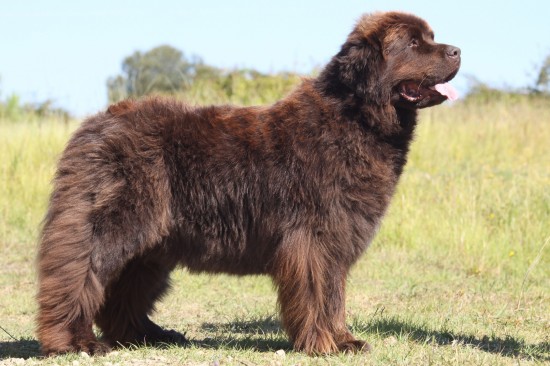 The Large And Lovely Newfoundland Dog
The Large And Lovely Newfoundland Dog
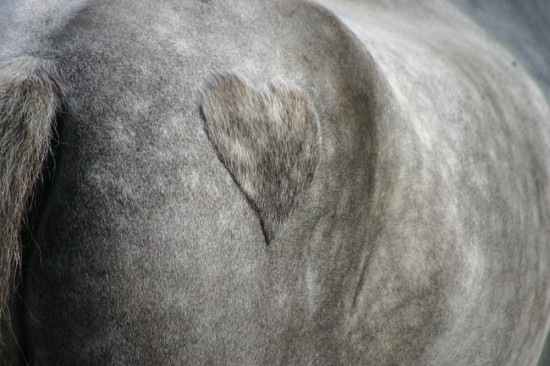 Clipping Your Horse Tricks Of The Trade
Clipping Your Horse Tricks Of The Trade
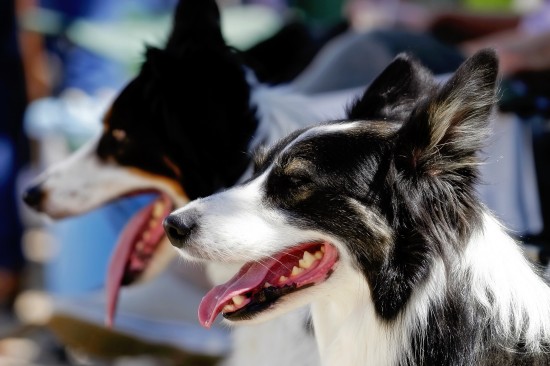 Heatstroke And Dogs - Keeping Your Dog Safe From Overheating In The Summer
Heatstroke And Dogs - Keeping Your Dog Safe From Overheating In The Summer
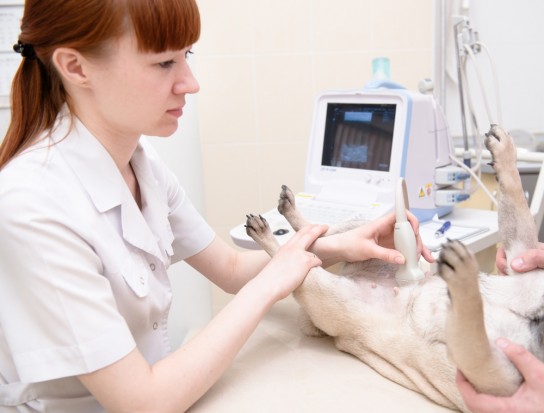 Unwanted Pregnancies In Dogs - What You Should Do
Unwanted Pregnancies In Dogs - What You Should Do
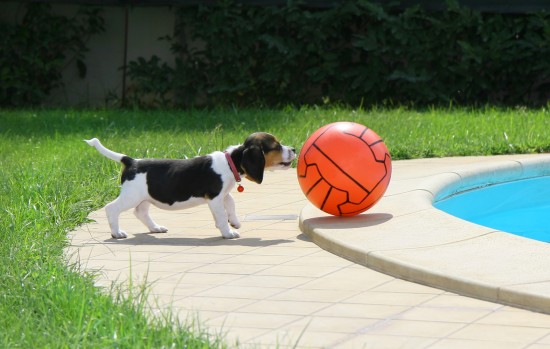 Outdoor Hazards That Can Be A Threat To Your Puppy
Outdoor Hazards That Can Be A Threat To Your Puppy
Copyright © 2005-2016 Pet Information All Rights Reserved
Contact us: www162date@outlook.com